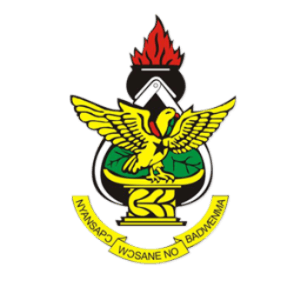KNUST leads effort to increase aquaculture and vegetable production
 The Kwame Nkrumah University of Science and Technology (KNUST) is leading the nation’s effort to increase vegetable and fish production through the introduction of an integrated aquaculture system.
The Kwame Nkrumah University of Science and Technology (KNUST) is leading the nation’s effort to increase vegetable and fish production through the introduction of an integrated aquaculture system.
Under this, nutrient-rich pond water and sediment would be used for fish culture and vegetable production.
A 2015 research report of the university made available to the Ghana News Agency (GNA) said this would not only ensure efficient use of water, nutrients and other resources but also reduce pollution of natural water bodies for continuous fish production even in the dry season.
It indicated that the Department of Fisheries and Watershed Management of the University “is rolling out a tilapia-hatchery-vegetable aquaponics system”, under which nutrient-rich effluent water from tilapia tanks would be utilized to grow vegetables and the clean water returned to the fish tanks – to promote climate smart agriculture.
“To enhance uptake, the Department has trained farmers in stocking practices, best management practices, farm management and farm budgeting in fish culture.”
It has additionally identified local feed ingredients to boost tilapia production.
The report said studies were also underway to formulate tilapia feed, using local ingredients to bring down the cost of commercial feed.
The Department has again located markets for various sizes of tilapia and promoting their production in ponds to meet both domestic and commercial demands.
The increased knowledge of the market demand for various sizes of fish among farmers, it noted, had raised the production of tilapia and catfish in Ashanti, Brong-Ahafo, Eastern and the Western Regions.
As part of strategy to increase public awareness and education on fish farming, the report announced the setting up of a Friday market at the premises of the Faculty of Renewable Natural Resources.
The aim is not only to market the various sizes of tilapia and other fish stocks, but to also improve direct engagement with the general public.
The people would have the opportunity to acquire knowledge of fish production, pond and feed management, while engendering confidence in those eager to venture into aquaculture business.
Source: GNA
